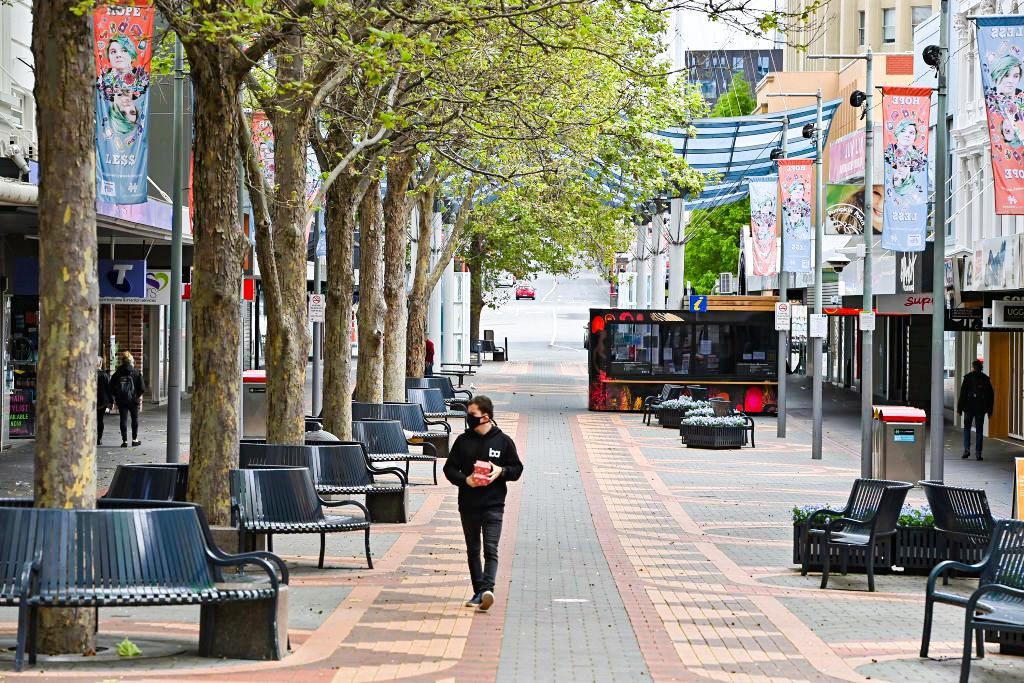A year on from some of Australia’s heaviest lockdowns, one of the largest non-government reviews into the country’s response has labelled many of the adopted policies “unprecedented” while criticising the use of lockdowns as “excessive” and “harsh.”
“They proved to be a blunt instrument,” according to ‘Fault lines: An independent review into Australia’s response to COVID-19’ which also found politicking was never far from the decision-making of state leaders responsible for deploying lockdowns and internal border closures.





